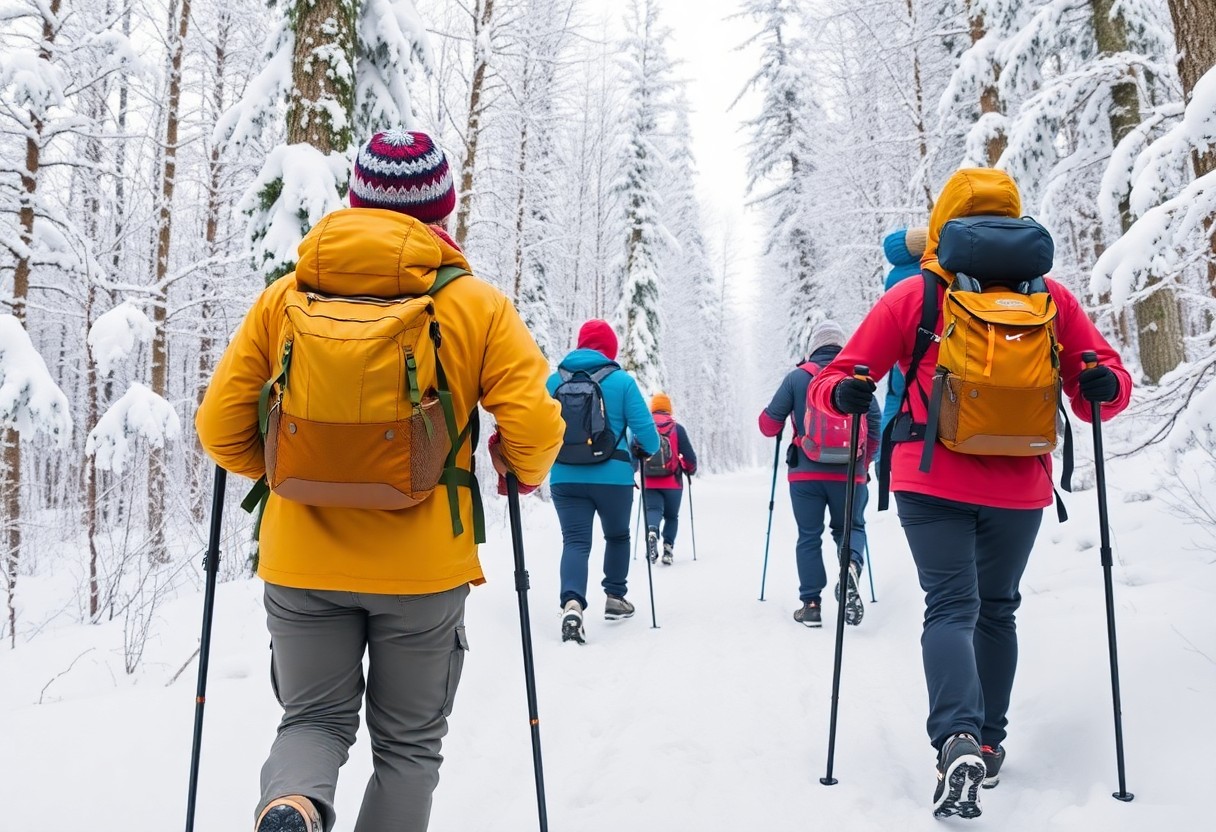With winter’s chill embracing the UK, the allure of snow-covered landscapes calls on you to explore the great outdoors. However, as tempting as these winter hikes can be, it’s necessary to prioritize safety and be well-prepared for the unique challenges associated with colder weather. Here are some tips to ensure your winter hiking adventures are not only enjoyable but safe.
First and foremost, ensuring you have the right clothing is vital. Dress in layers to maintain your body temperature. Start with a moisture-wicking base layer to keep your skin dry, followed by an insulating mid-layer such as fleece or wool. Your outer layer should be waterproof and windproof to protect against the elements. Don’t forget to wear a warm hat, gloves, and sturdy hiking boots with good traction to prevent slips on icy trails.
Planning your route is another significant aspect of winter hiking. Choose trails that are well-marked and familiar to you. It’s wise to stick to lowland areas if you are unsure about your hiking skills or weather conditions, as these routes are often less challenging and safer. Carrying a map and a compass, or using GPS technology, can help you navigate safely even in the most challenging conditions.
Check the weather forecast before setting out. Conditions in the UK can change quickly during winter months, so it’s necessary to be aware of potential snow, rain, or high winds. If conditions seem hazardous, consider postponing your hike or choosing a different route. You should also be aware of daylight hours as they are shorter in winter; plan your hike to ensure you return before dusk.
Always notify someone of your hiking plans, including your expected return time. It’s a simple but effective way to enhance your safety. In case anything goes wrong, this information can assist rescue teams in locating you more efficiently. Carrying a fully charged mobile phone can also help keep you connected; however, do not rely solely on it, as signal strength may falter in remote areas.
During your hike, continuously assess the conditions around you. Watch out for signs of hypothermia and frostbite, such as excessive shivering, confusion, or numbness in your extremities. If you or a fellow hiker shows symptoms, take action quickly by moving to a warmer area and using additional layers or gear to retain body heat.
Lastly, always pack a first-aid kit and some necessary gear, such as a flashlight, extra batteries, and food. Snacks high in energy, like nuts or energy bars, can provide the necessary fuel for your hike. Staying hydrated is also important, even in cold weather; carry water in insulated containers to prevent freezing.
By preparing thoughtfully and remaining vigilant, you can enjoy the breathtaking beauty of the UK’s winter landscapes while ensuring your safety on every hike. Your winter adventures await – stay safe and happy hiking!
